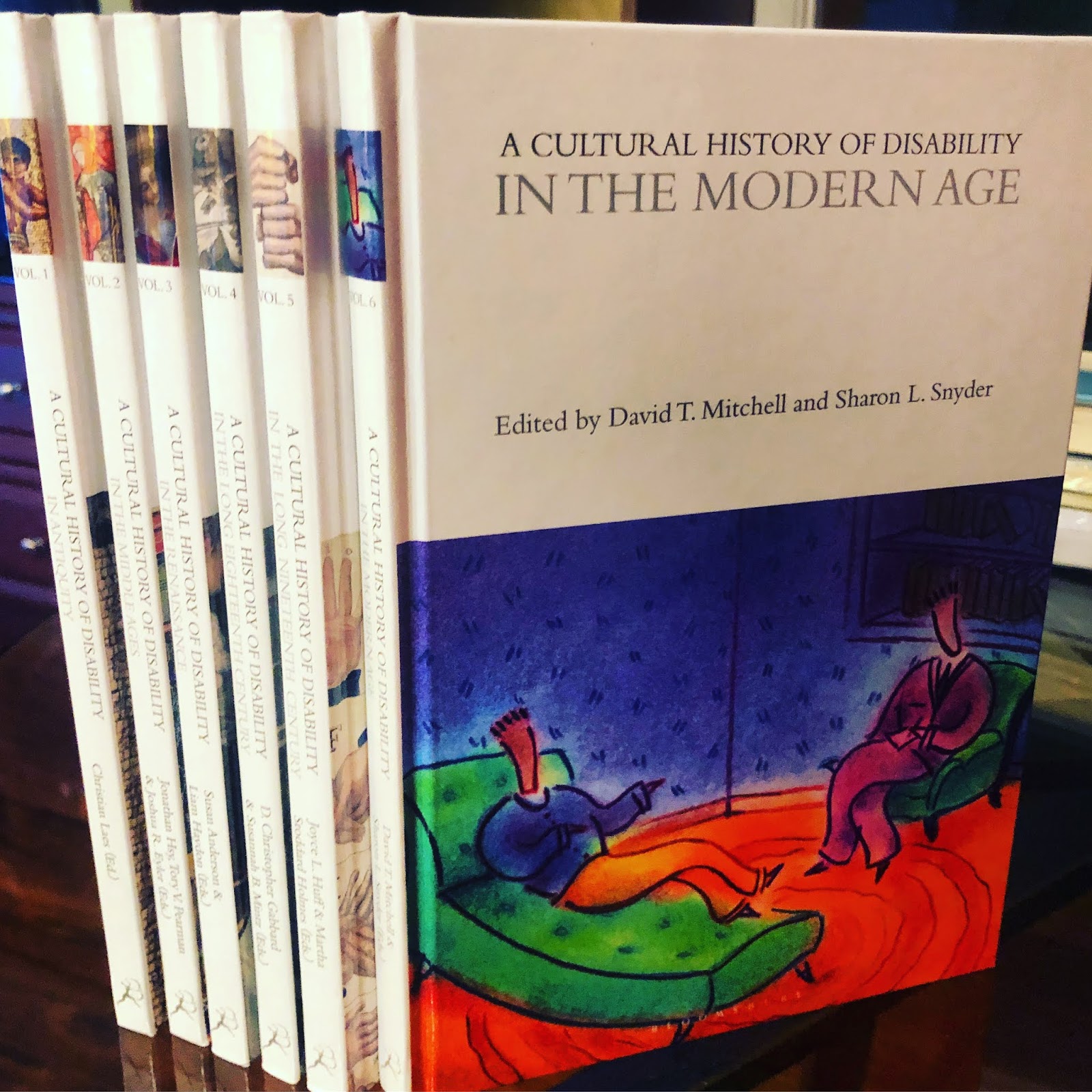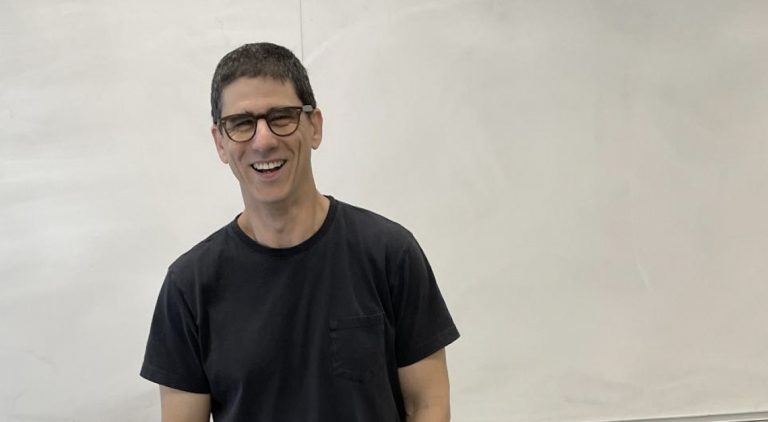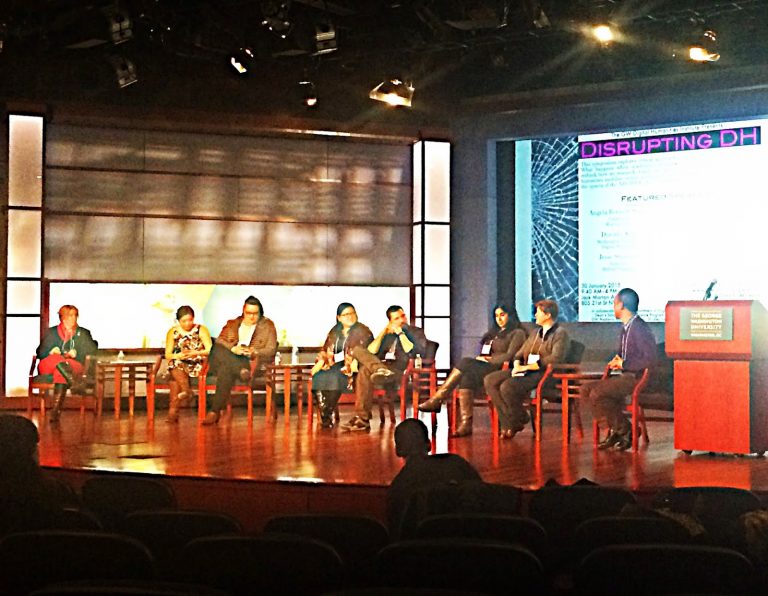OPEN ACCESS! A Cultural History of Disability
Access the volumes at THIS LINK.

Access the volumes at THIS LINK.

English faculty in literature and creative writing continue to do outstanding work in the classroom and in our research and creative endeavors. We write and teach about every aspect and period of literature and culture, and we publish poems, fiction, and creative nonfiction, bringing that creativity to the classroom with you.

One Book. One City. One Good Read. That is how DC Reads, a DC Public Library literacy program that promotes reading for pleasure by having citywide celebrations for teens and adults that focus on one book, opens its description of this year’s selection. Each year a new book is selected by a public nomination process. This…

Disrupting DH Roundtable. Photo credit: M.W. Bychowski. The GW Digital Humanities Symposium: DISRUPTING DH took place in the Jack Morton Auditorium on Friday, January 30, 2015 9am – 4pm. The event was organized by Jonathan Hsy, Founding Co-Director of the GW Digital Humanities Institute (the other DHI Founding Co-Director Alexa Alice Joubin is currently away on a…

In early December, alumni Cameron LeBrun and Joey Garber dropped in on Professor Annie Liontas’ Nonfiction Workshop. The GW graduates collaborated on their new and innovative podcast Double Feature: Hear Me & Drinking with Ghosts. The 11-episode podcast is a humorous and fresh take on “true” crime, that investigates the murder of Alaska Curtis from…

Every October, Indigenous Peoples’ Day celebrates Native American peoples while commemorating their histories and cultures. To honor the holiday, the GW English Department has compiled a short-list of books written by Native American authors! Ceremony by Leslie Marmon Silko (Laguna Pueblo). Based on the oral traditions and ceremonial practices of the Pueblo and Navajo people, Silko’s…

To commemorate our GW-British Council Writer in Residence, the British Council is generously providing a substantial book fund. Nadeem Aslam has drawn up a list of contemporary British fiction he would like to see in the Gelman Library purchased through this fund. Here it is: Haunts of the Black Masseur – Charles Sprawson Redundancy of…